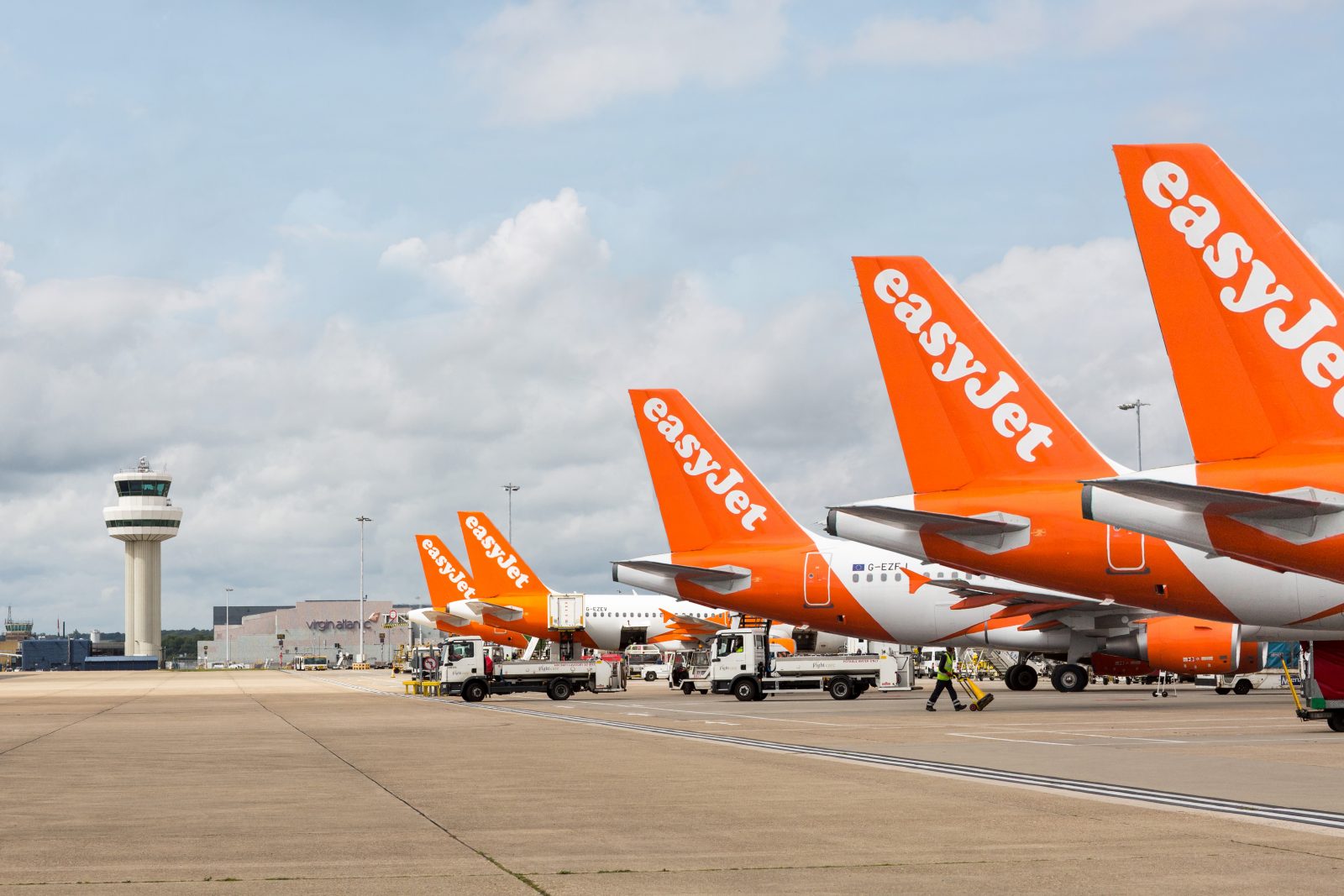
The European low-cost airline easyJet has posted a £1.27 billion full-year loss on the back of a massive slump in demand prompted by the COVID-19 pandemic. easyJet boss Johan Lundgren said the airline planned to operate less than 20 per cent of its pre-pandemic capacity through to the end of March 2021 as airlines across Europe plan for a bleak winter amidst a deadly second wave of the novel Coronavirus.
“We know our customers want to fly with us and underlying demand is strong,” Lundgren said optimistically of news that vaccine development could restore a semblance of normality by the Spring of next year.
Lundgren revealed that the airline had witnessed a 900 per cent increase in sales to the Canary Islands when the British government added the popular holiday destination to its list of quarantine-free ‘travel corridors’.
“We responded with agility adding 180,000 seats within 24 hours to harness the demand,” Lundgreen commented, although capacity had to be quickly cut back again when England entered a second national lockdown which included a complete ban on international leisure travel. The ban is expected to be lifted on December 2.
News of vaccines, however, have further bolstered easyJet’s forward bookings, with interest in 2021 flights increasing by 50 per cent in the last few days. Lundgreen said preliminary results from Phase III trials of vaccines developed by Pfizer/Biontech and Moderna was “welcome news”.
Shares in travel brands, including easyJet, have spiked on the back of the possibility that at least two vaccines could receive emergency use approval by the end of the year.
Despite passenger numbers slumping by half (which could have been worse if the full-year results didn’t include the period before the pandemic struck), easyJet said it had maintained a load factor of over 87 per cent.
Recording its first loss in its 25-year history, easyJet said it had so far raised £3.1 billion in liquidity to see it through the crisis. Lundgreen, however, would like more government support like the bailouts offered to rivals like the Lufthansa Group and Air France/KLM.
Related
Mateusz Maszczynski honed his skills as an international flight attendant at the most prominent airline in the Middle East and has been flying ever since... most recently for a well known European airline. Matt is passionate about the aviation industry and has become an expert in passenger experience and human-centric stories. Always keeping an ear close to the ground, Matt's industry insights, analysis and news coverage is frequently relied upon by some of the biggest names in journalism.







